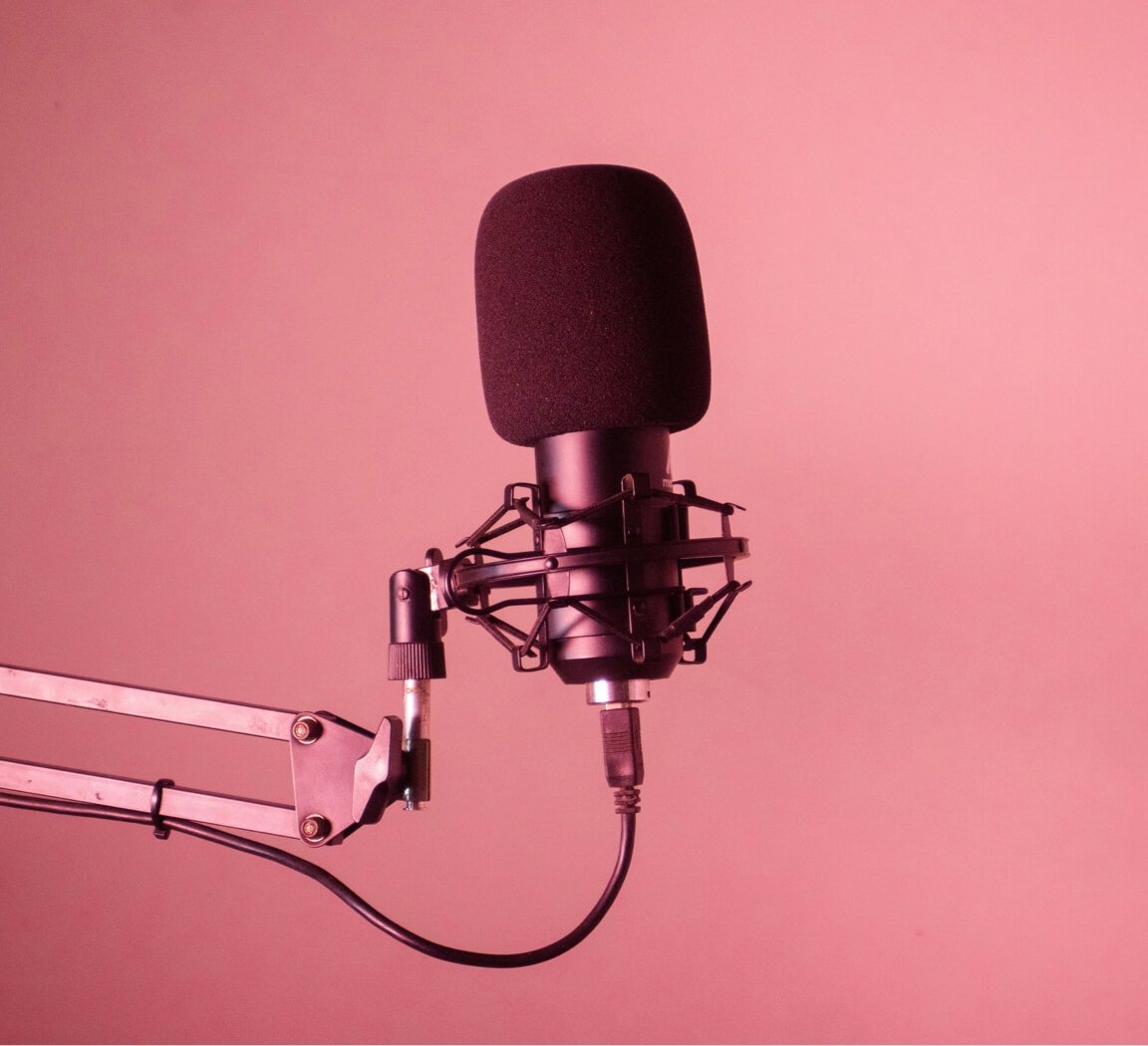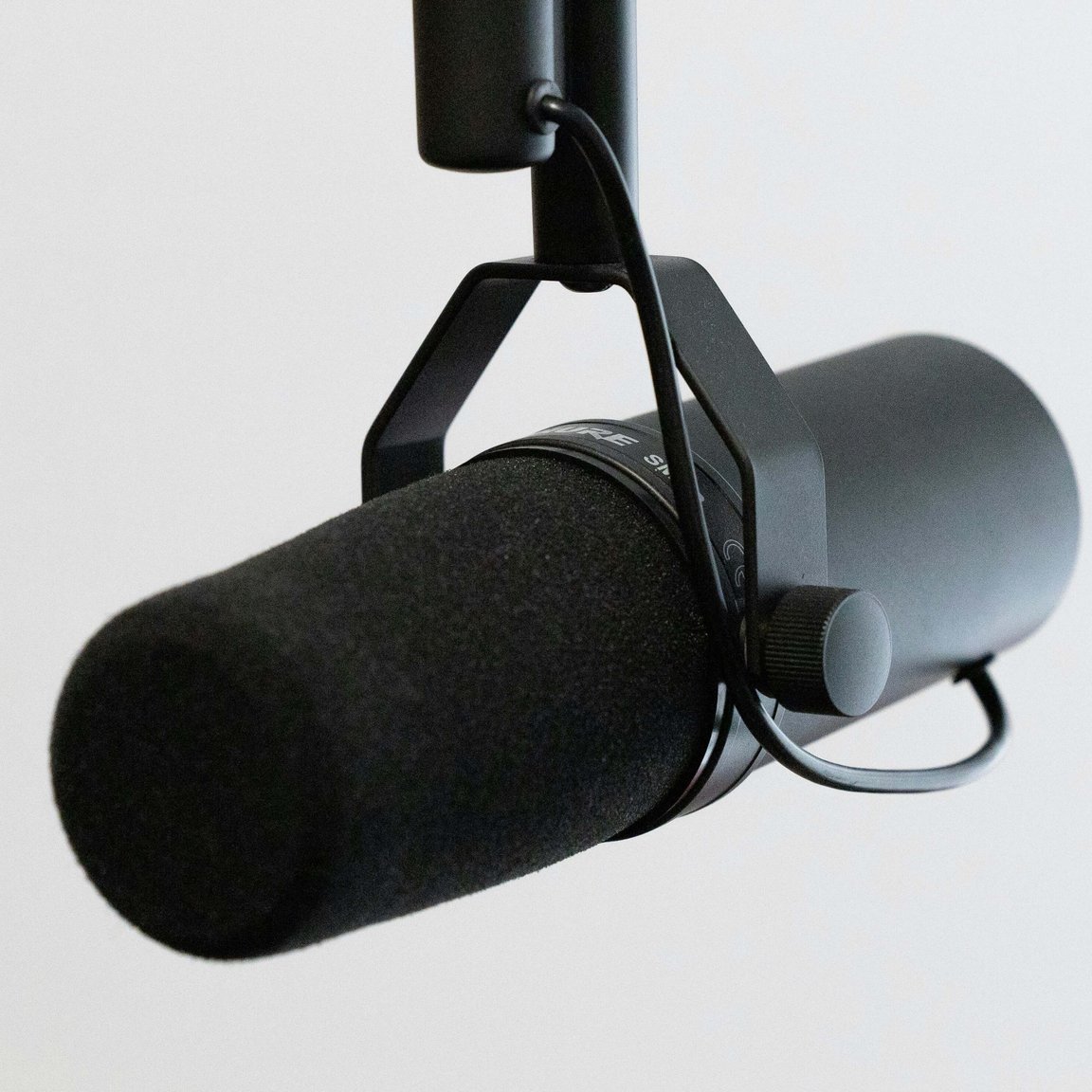For me, it’s chewing and lip-smacking. Every time I hear it I want to scream at the person: “do you not hear that awful noise you’re making!?” That’s misophonia.
What about sudden loud noises, like souped-up motorbikes? As a kid, I was pretty frightened of fireworks, and I still hate those loud screechy ones that sound like mandrakes being pulled from their roots. Yikes.
As I write this, I’m on a train, and I must have been right next to the PA speaker because the announcement was excruciatingly loud. Now someone is playing Snoop Dogg through leaky headphones, and someone else still is watching a video about plumbing, through their phone’s loudspeaker.
Honestly, as someone who has trouble managing his attention, almost any irregular sound can set me off. This isn’t the same as misophonia, and is much more about attention management. But both are difficulties we can judo-flip and turn into superpowers if we work with audio.
The gift of noticing

You don’t need exceptional hearing to notice something that might get on someone’s nerves. It might be a sound like a low hum or a high-pitched whine. It might be someone’s WhatsApp notifications pinging in the background. It might be the way someone always starts their sentence with the word “So” (or if you’re Australian, “Look”).
As a podcast editor – especially one who works in a text-based editor – I see a lot of vocal tics and verbal punctuation. My job then becomes one of removing as many instances as I can, without destroying the flow of the conversation or making the speaker sound unnatural.
As someone with the gift of noticing, you have the opportunity to make sure as few annoying or distracting sounds make it to listeners’ ears. It’s the kind of work that doesn’t come with a thankyou card, because no-one will know you’ve done it. But it’s the sort of stuff that makes your work that much better.
Eliminating distractions helps listeners engage more with the work. If you imagine someone listening to your show on a train, while they’re looking out of the window they have nothing else to focus on other than your work. So if there’s something distracting in the audio, they’ll notice. So use your own heightened powers of noticing, and swoop in before it even gets to their ears.
What if I haven’t noticed anything?
The next time you finish an edit on a piece of work – anything that has an audio component – hop into bed, put your earbuds in, and hit Play. Close your eyes, and take this as a bit of time for you.
Don’t try and think critically or observe anything. Just listen to your work, as you would hope another listener would.
Now, as you listen, do you notice any patterns? Any repeating sounds? Any signs of vocal tics or verbal punctuation from you or your guest? You might be surprised, but sometimes you can notice something after hearing it dozens of times before, and suddenly notice something you can never unhear. Like how Charlene Soraia’s soft r comes out at the end of her cover of Wherever You Will Go. Or how Tom from Keane takes huge gasps of air between lyrics. (I like both of these singers so I’m not making fun of them, just illustrating a point.)
Don’t go hunting for them or assume there’s something in your audio that others are secretly not hearing. You’re just as much a listener as anyone else who comes across your work. But don’t be afraid to check in every once in a while, and to listen with intentionality.
Is it just me?
Some things just really set us on edge, but don’t seem to bother a single other soul. If you’re wondering whether something in your audio might annoy someone else, ask someone you trust.
Don’t prime them. Just ask them to listen to a segment of audio and report back what they thought or felt about it. If the thing you’ve spotted hasn’t been picked up, point it out to them, then play the audio again.
If they still don’t hear it, or they hear it and it doesn’t bother them, that’s a sign that maybe you can let this slide.
Replicate this to get a range of opinions, but don’t let this get in the way of you shipping your work. You can always correct it later.

Any time I find an aspect of my own mind that can cause frustration, I wonder “how can I use this to my advantage?” It’s why I’ve chosen this line of work.
If you’d like to reveal the hidden superpowers behind your own perceived weaknesses, maybe I can help.




